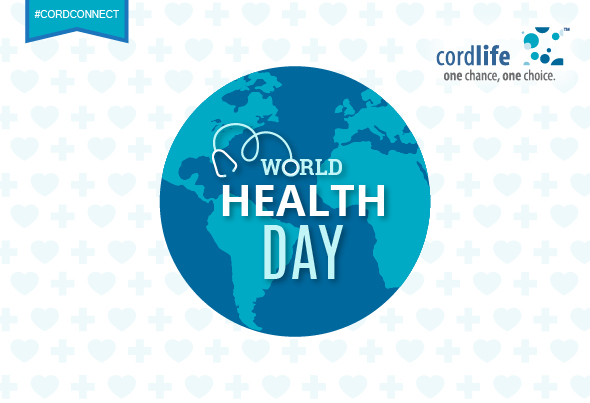Table of Contents
Diabetes occurs frequently during pregnancy, and Indian women show an increased propensity to the disease. On World Health Day, it is time to review this situation.
The dreaded ‘D’ word in healthcare – Diabetes – continues to affect more people around the world annually. While it has been known for some time that the highest number of diabetics is found in India, what is alarming to note is that the number of pregnant women developing diabetes is on the rise as well.
Diabetes Mellitus affects an increasing number of women in India every year. A study initiated by hospitals in Chennai, India, found that Indian women were more prone to diabetes and had a higher risk of developing gestational diabetes – the risk factor is about 11.3 times higher for Indian women than for white women. Though gestational diabetes is observed in women globally, the growing incidence of diabetes amongst Indians is a big factor to consider. Also, Asian women have been seen to be more susceptible to developing glucose intolerance than other ethnicities.
A research by Johns Hopkins Medicine contends that gestational diabetes affects 1 in 10 women[2], and doctors must check for it between 24 and 28 weeks of pregnancy. It is prudent to be careful about fluctuating blood glucose levels during pregnancy because gestational diabetes can have an adverse effect on the growing foetus – the baby may be larger than normal, higher birth weight, low blood sugar, low calcium levels and also respiratory disorders. Children born to diabetic mothers are also more prone to developing diabetes later in life.[4]
With diabetes becoming one of the fastest growing diseases around the world, especially in the lower income countries, doctors and researchers are looking at possible cures to crack the insulin inefficiency that causes the disease to develop. A new frontier in this research focuses on the possibility of stem cells being a valuable source of insulin-producing cells in the body. A research study at the University of North Carolina is currently looking at developing stem cells into insulin producing cells that would be present in the pancreas. These cells would then help in generating beta cells to increase insulin production.
Meanwhile, despite ongoing efforts to find a cure for diabetes, there are simple ways to control and even reverse gestational diabetes. Doctors advise such basic precautions as limiting calorie consumption to about 300 extra calories daily and consuming a diet comprising fibre, unprocessed ingredients, fresh produce and lots of water. Eating two to three meals a day, interspersed with snacks of nuts, fruit and salads help regulate blood sugar levels. Glucose in the blood can also be controlled with walking and moderate exercise, apart from adequate rest at night.
The World Health Organisation marks the World Health Day every year on April 7 with a different theme. The theme this year is Diabetes, and the figures for India are grim – the WHO pegs India’s diabetic population at 69.2 million people in 2015. The WHO also adds that the figures for Type 2 Diabetes – which is normally associated with pregnancy or a sedentary lifestyle – are on the rise globally.
